Articles by Southeast Asian Press Alliance (SEAPA)

In Burma, the Internet is the new political battleground
The opening up of the telecommunications services has presented opportunities for Burmese to connect to the global village. There is a strong hope that access to information and having-the-right-to-choose values can help the democratisation process, especially during this important transition period.
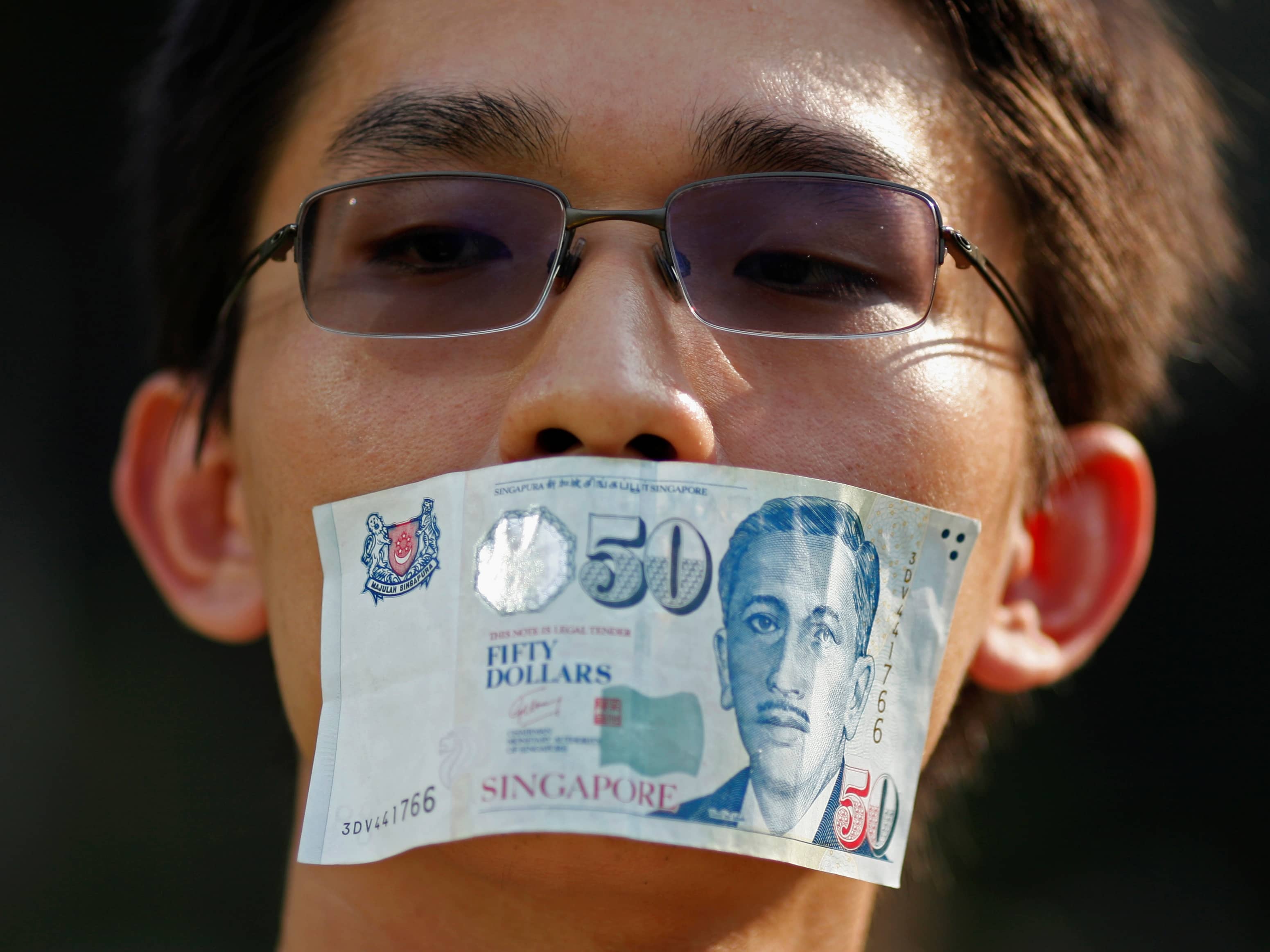
Singaporean views on the changing landscape for online expression
Despite Singapore’s long history of media regulation, some citizens are expressing cautious optimism that the government may be unable to control the online expression of opinion.
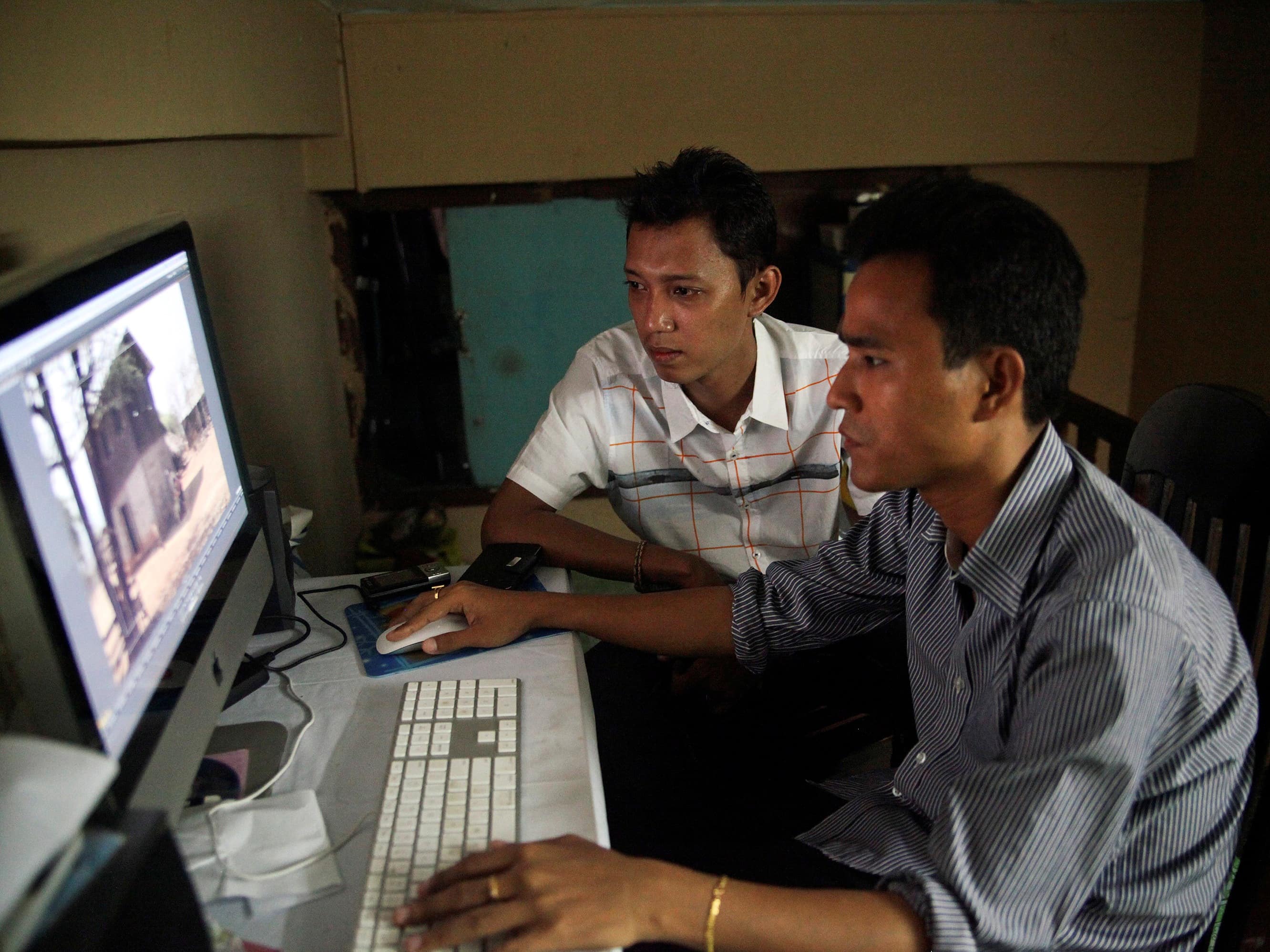
Is Burma’s “disconnectivity” deliberate?
Despite the lifting of certain restrictions, many caution that the Burmese government continues to deprive its citizens of the right to information and free speech. In a country that has yet to prove it can carry out reforms, communication – and the Internet – is a commodity trapped under the monopoly and control of the state.
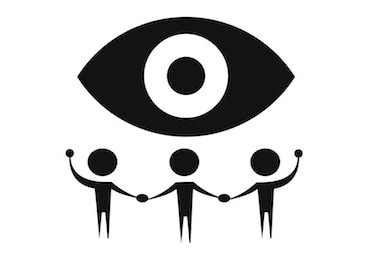
Global coalition stands against unchecked surveillance
People are encouraged to join around 200 organisations supporting the adoption of 13 basic principles applying existing human rights law to modern digital surveillance.
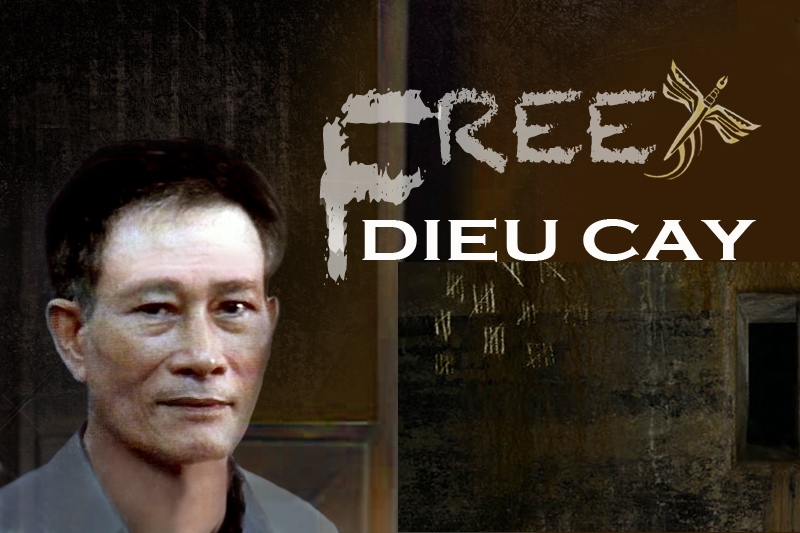
Appeal for immediate release of Vietnamese blogger Dieu Cay on hunger strike
Ten rights organisations have called on President Obama to raise the issue of ailing blogger Nguyen Van Hai (aka Dieu Cay), on hunger strike to protest jail conditions, when he meets the Vietnamese President on 25 July 2013.
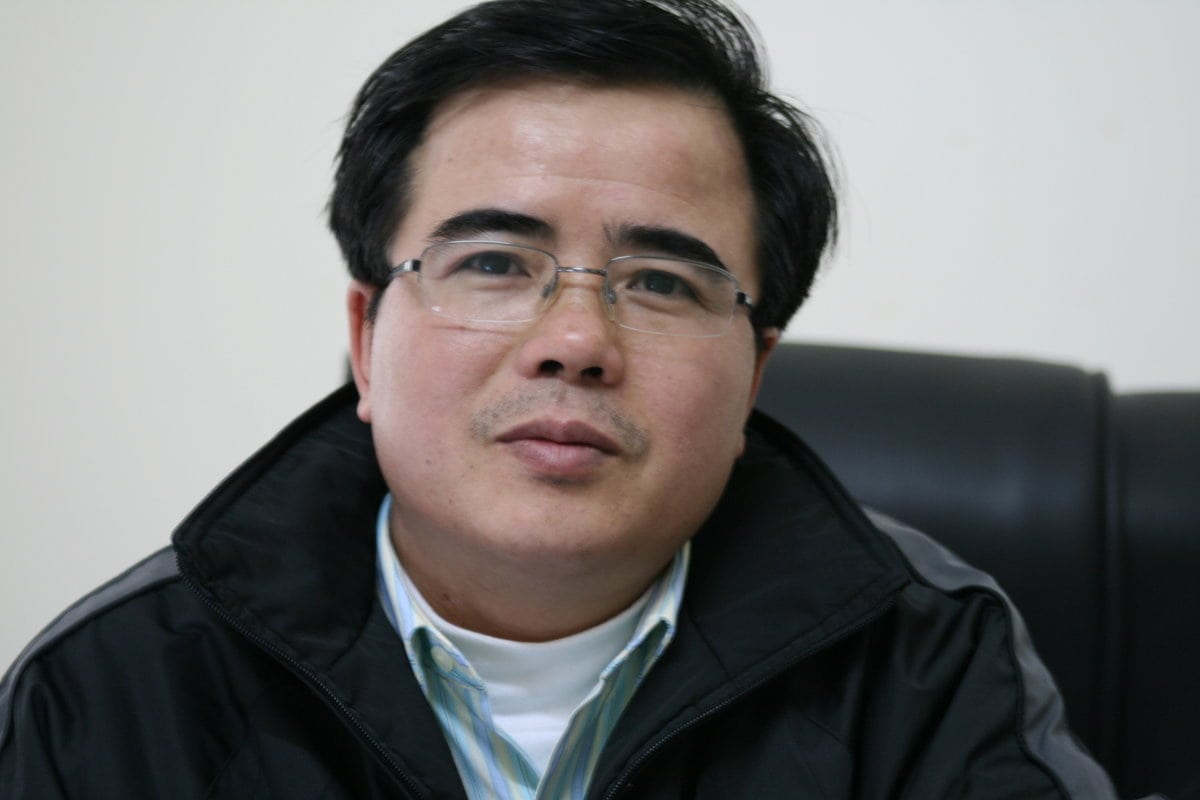
Ahead of U.S.-Vietnam meeting, Obama urged to press for blogger’s release
Nineteen human rights organisations have written to U.S. President Barack Obama to raise the issue of the detention of human rights defender and blogger Mr Le Quoc Quan when President Truong Tan Sang of Vietnam meets Obama on 25 July 2013.
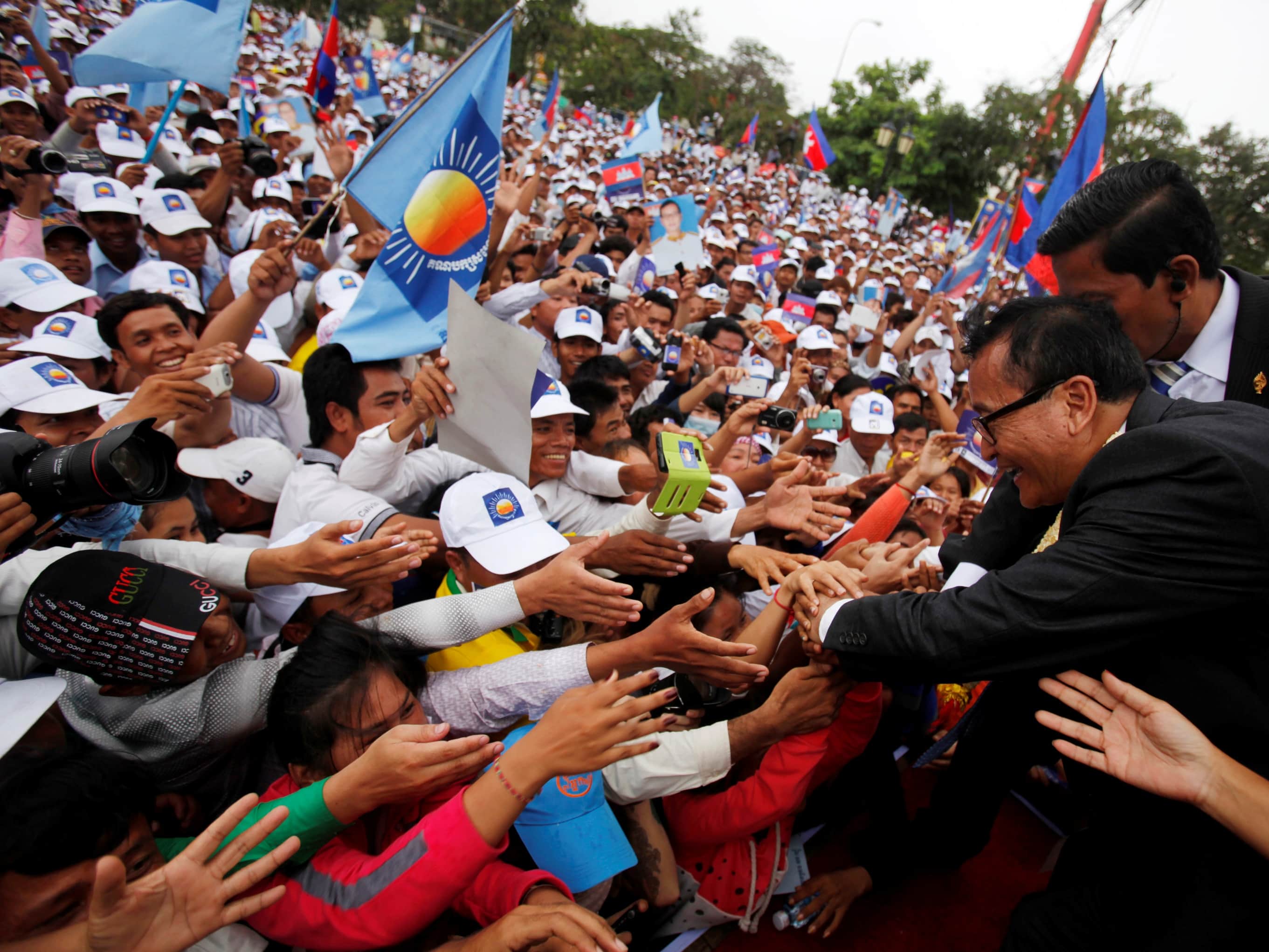
Free media crucial for free and fair elections in Cambodia
Over 50 member and partner organisations of FORUM-ASIA and SEAPA have released an open letter raising serious concern about recent developments in Cambodia, as the country gears up for the National Assembly Elections on 28 July 2013.
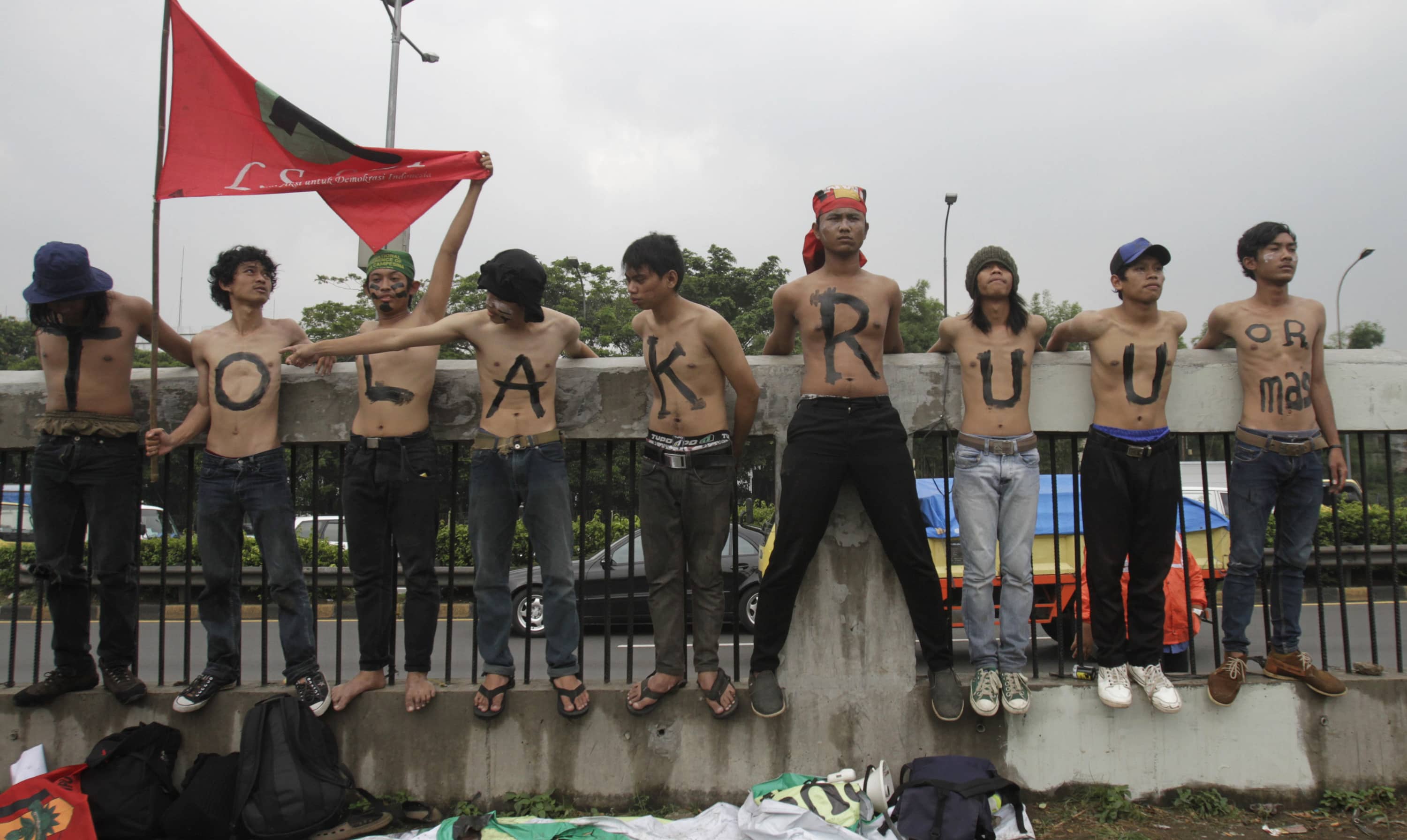
Indonesia’s Ormas Law: A ready weapon against civil society and free speech
The Parliament’s passage of the civil organizations law (or Ormas Law) represents the third significant step backwards for Indonesia as the region’s champion for freedom of expression.
